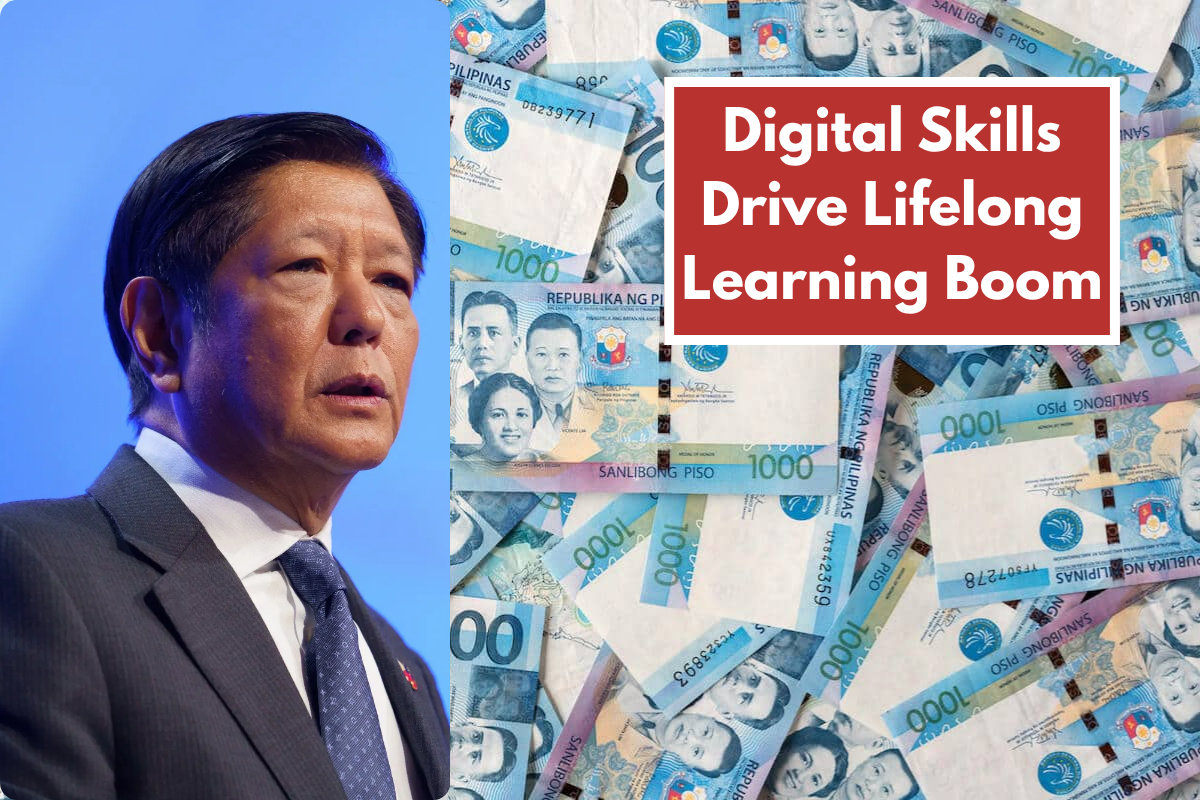Lifelong learning in the Philippines is experiencing a dramatic shift in 2025, with digital skills and industry-recognized certifications now taking center stage. As technology continues to evolve and impact every sector of society, more Filipinos—from fresh graduates to mid-career professionals—are actively pursuing continuous learning opportunities. Online platforms, government programs, and corporate initiatives are helping millions acquire new skills and stay competitive in the digital economy.
Why Digital Skills Are Becoming the New Standard
In a tech-driven world, skills such as data analysis, coding, graphic design, digital marketing, and cloud computing are in high demand across industries. Employers are now prioritizing skills over degrees, valuing practical knowledge that directly contributes to productivity. This trend has fueled a surge in online course enrollments and digital certifications, many of which are short-term, affordable, and globally recognized. From call center workers to entrepreneurs, Filipinos are investing time in acquiring future-ready skills.
| Top Trending Digital Skills | Common Platforms & Certifications |
|---|---|
| Data Analytics | Google Data Analytics, Excel, SQL |
| Digital Marketing | Meta Blueprint, Google Ads, SEO Courses |
| Web Development | HTML, CSS, JavaScript (Coursera, Udemy, FreeCodeCamp) |
| Graphic Design | Canva, Adobe Photoshop, UI/UX Design Courses |
| Cloud & Cybersecurity | AWS Certification, CompTIA, Google Cloud |
Government and Industry Support Boost Access
The Department of Information and Communications Technology (DICT), TESDA, and other agencies have partnered with online learning providers to offer free or subsidized digital training. Programs like the Digital Jobs PH initiative and TESDA’s E-Learning Platform now include modules in freelancing, e-commerce, and cybersecurity. Meanwhile, tech companies are sponsoring training bootcamps and certification vouchers to bridge the talent gap. Public-private collaborations are helping learners in both urban and rural areas access these resources.
Lifelong Learning: Not Just for the Young
This growing trend isn’t limited to college students. In 2025, many mid-career workers, senior citizens, and stay-at-home parents are taking up digital courses to earn income online or switch careers. Retooled learning paths focus on flexibility, allowing learners to study at their own pace while balancing work or home life. The result is a more resilient and adaptive workforce ready to respond to digital transformations across the economy.
Things to Keep in Mind When Choosing a Course
With thousands of online courses available, it’s important to choose wisely. Learners should focus on recognized providers, such as Google, Microsoft, TESDA, or university-affiliated platforms like Coursera. Ensure the course provides certification and job relevance. It’s also helpful to join online communities or forums to get peer feedback and support. Finally, schedule consistent study time and set career goals to stay motivated throughout the learning journey.
The rapid rise of lifelong learning in the Philippines—especially centered on digital skills—is creating new opportunities for economic growth and personal development. With flexible access to courses, strong government support, and growing demand for tech-savvy workers, Filipinos are better positioned to thrive in a knowledge-based economy. Whether you’re a student, worker, or retiree, 2025 is the year to upskill and embrace digital learning.
FAQ’s:
1. What digital skills are most in demand in the Philippines in 2025?
Skills like data analytics, digital marketing, web development, and cloud computing are in highest demand.
2. Are there free digital courses available for Filipinos?
Yes, platforms like TESDA Online, DICT Digital Jobs PH, and Coursera (via scholarships) offer free access.
3. Do I need a college degree to take digital certification courses?
No, most courses only require basic computer knowledge and internet access—no degree needed.
4. Can senior citizens also join digital skills training?
Absolutely. Many programs are open to learners of all ages and provide user-friendly materials.
5. Which certifications help with getting jobs?
Certifications from Google, Microsoft, AWS, Meta, and TESDA are widely accepted by employers.





